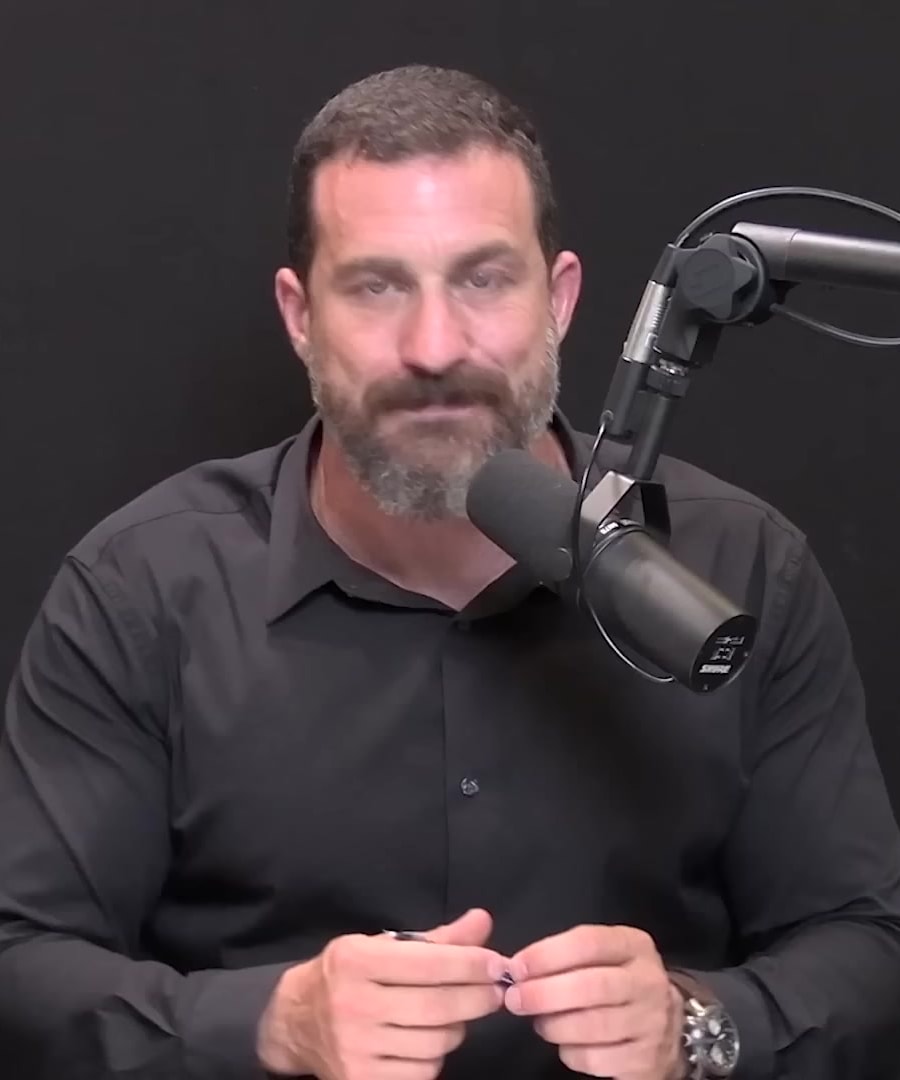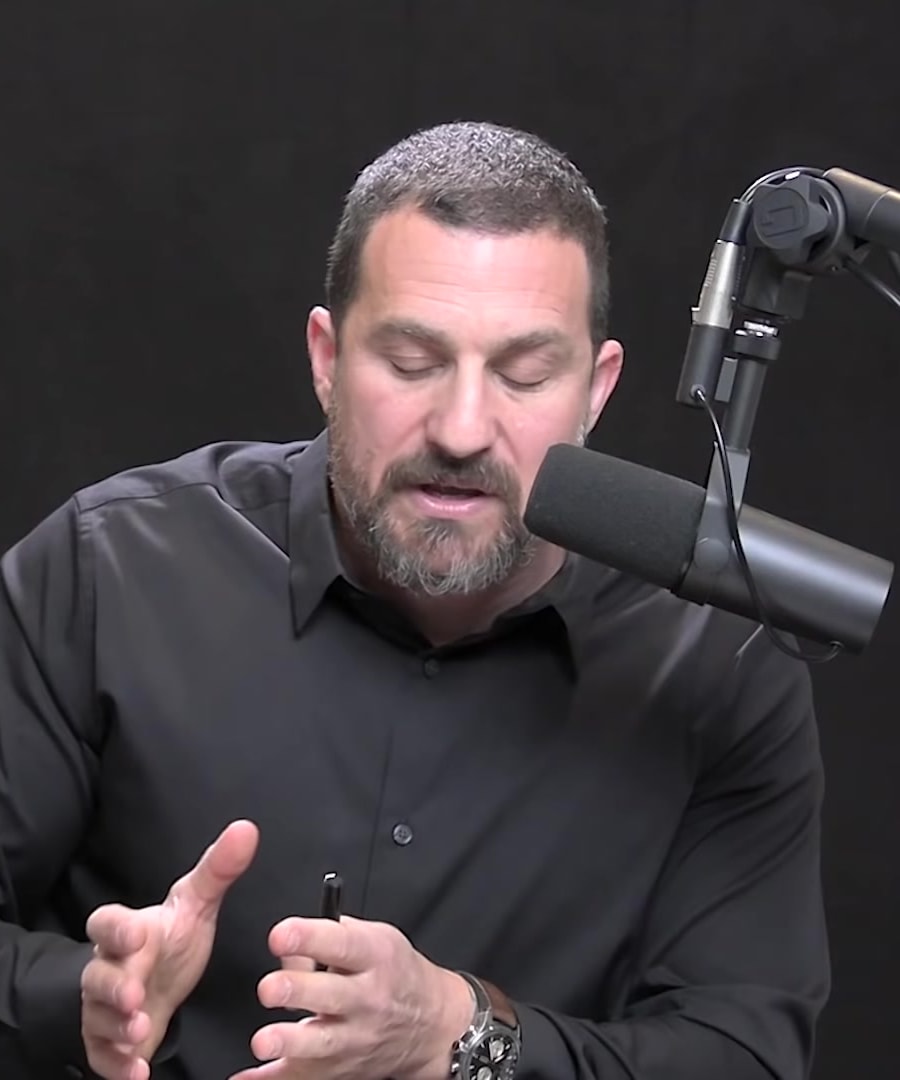Is there an episide or information on ticks, nervous system or tourettes
There do not appear to be specific episodes of the that directly address the topic of ticks or Tourette's syndrome. However, there are episodes where discusses the nervous system, which might provide related or foundational information.
Here are episodes on the nervous system:
- - this introductory episode covers the basics of the nervous system and how it changes.
- - in this episode, the focus is on how the nervous system can be leveraged to improve immune function.
- - includes some discussion on the vagus nerve, an important part of the nervous system.
For information specifically on Tourette's syndrome or nervous system disorders like ticks, it may be necessary to consult other resources or professionals with expertise in these conditions.
RELATED QUESTIONSTell me how to relax or control the nervous system
Sources:
To relax or control the nervous system, several techniques and principles stand out in discussions by :
-
Relaxing Grips and Fists: Relaxation of the nervous system can be facilitated by relaxing grips and fists. Long exhales and a relaxed torso can also help stretch the body and calm the mind 1.
-
Double Inhale Exhale Breathing Technique: To calm down quickly, suggests using the "double inhale through the nose followed by a long exhale through the mouth" technique. This breathing pattern activates a calming reflex by engaging the parasympathetic nervous system 2.
-
Controlling Breathing and Vision: Both breathing and vision have profound effects on our internal state. By consciously controlling these, you can significantly influence your autonomic nervous system 3.
-
Physiological Sighs: Employing a physiological sigh—two quick successive inhales through the nose and one longer exhale through the mouth—can reduce stress quickly by affecting the autonomic nervous system 4.
-
Cognitive Behavioral Techniques: Techniques such as Cognitive Behavioral Therapy can help manage stress by teaching skills to recognize unhelpful thoughts and patterns, and practicing relaxation strategies like deep breathing to calm the sympathetic nervous system 5.
These techniques leverage the bi-directional nature of the brain-body connection and provide practical methods for achieving a state of relaxation.
-
Is there an episide or information on ticks, nervous system or tourettes
- RELATED QUESTIONS
Tell me how to relax or control the nervous system




